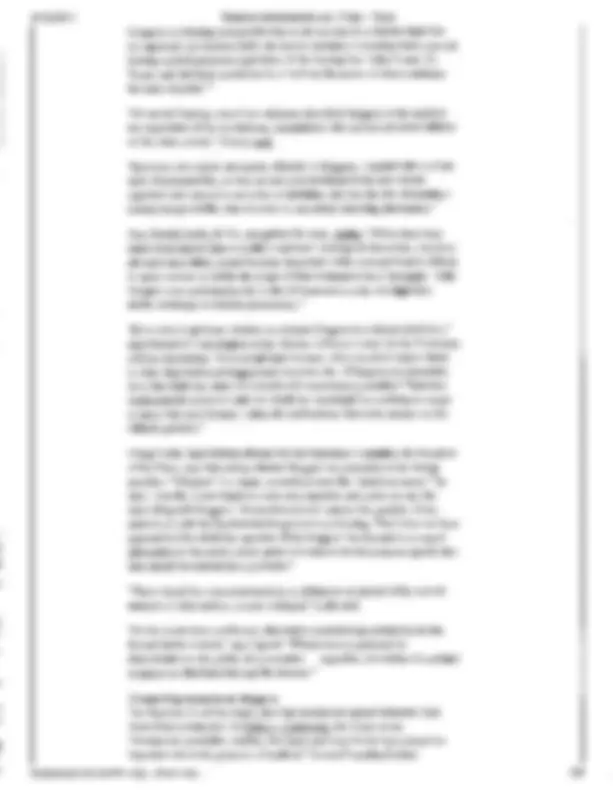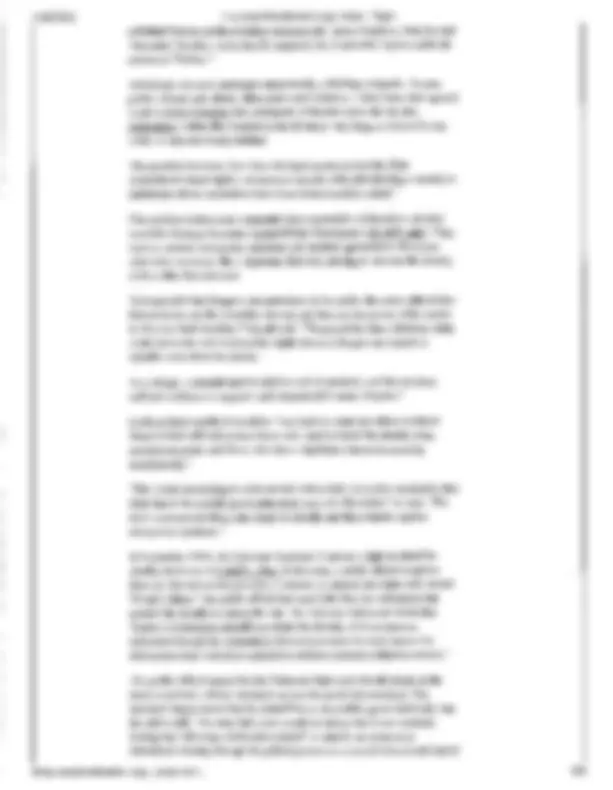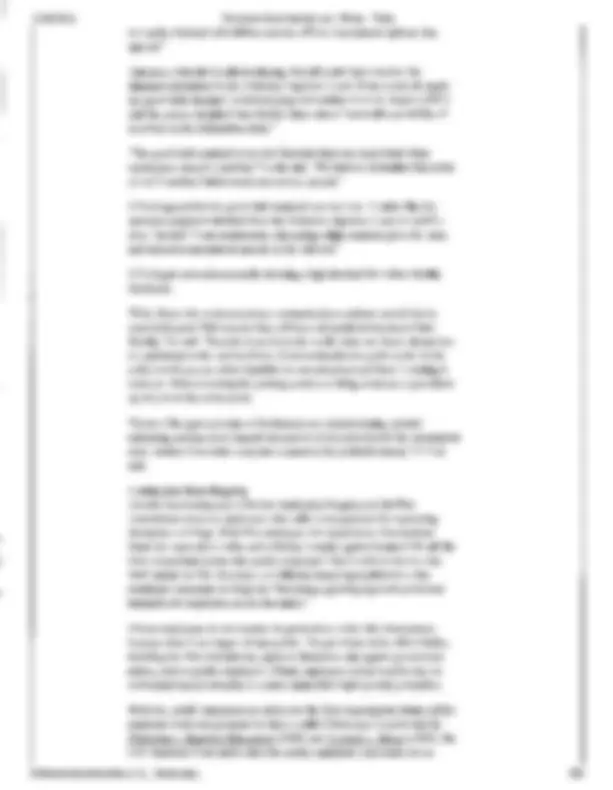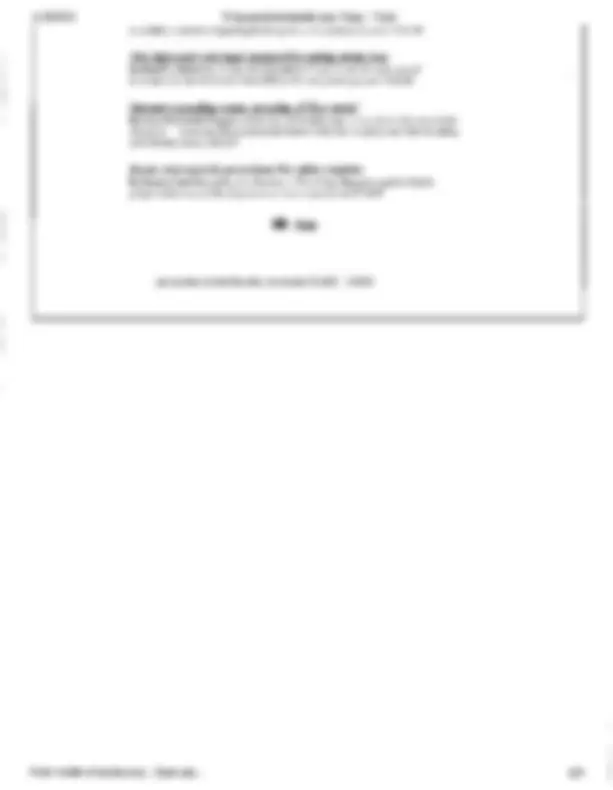Partial preview of the text
Download Lecture Notes on Blogging Article | LIS 60610 and more Study notes School management&administration in PDF only on Docsity!
1/19/2011 firstamendmentcenter.org: Press - Tople FIRST AMENDMENT CENTER FAQs cases & resources Home » Topl blogging Overview> By David L. Hudson Jr. First Amendment scholar For years the Internet has been hailed as a Fitst Amendment fintasyland where freedom of expression could reach its zenith, U.S. District Judge Stewart Dalvell wrote in ACLU y, Reno, a leading Internet free-speech case that later reached the U.S. Supreme Court and dealt with the regulation of online pornography, that the Internet was “the most participatory form of mass speech yet developed” and “a far more speech-enhancing medium than print.” Blogs, or Web logs, fulfill this “participatory, speech-enhancing” function, allowing individuals to become one-person online outlets of information covering subjects in detail. Blogs are online journals or diarics where individuals can post daily cntrics about the subjects of their choice, Bloggers write about everything from the appellate courts to bankruptcy law to video games to their favorite television shows to the sporting world. There are blogs on almost every subject imaginable. The Pew Internet and American Life Project released a report showing that at least 8 million U.S. adults have ercaled blogs and that 27% of Americans read bings. According to their surveys, blog readership increased by 58% in 2004. Not everyone agrees on the definition ofa blog, Robert A. Cox, president of the Media Bloggers Association, describes the word “blogging” as “terrible.” He explains: “It is worse than useless because it is an empty vessel into which people can -and do-- - pour whatever meaning suits them at the time. This breeds confision and stands in the way of what I believa is the most important development in the media over the past several years — the growth of what is ollen rclérred to as ‘cilizens media’ or ‘grassroots journalism.’ ... Blogging is writing. Poriod.” Some Web sites call themselves news forums, bulletin boards or chat sites. The activity of participants/members of those sites — posting news, other information and views — is included by many in the term “blogging.” Just as with any mode of communication, blogs can implicate a variety of First Amendment interests. Should bloggers who gather and report news be considered journalists in reporter-privilege laws? Should bloggers who post messages anonymously that others consider defamatory be able to keep their identities unknown? (an public employers discipline their employees for firstamendmentcenter.org/.../topic.asp... Press > Blogging SEARCH MORE press topics > Proedomot Information issucs Libel & defamation Pror restraint Broadcasting Shieid laws Sag arers Cameras in tne 26 urtroom Caurtroum access Stare constitutions Joumalist access HIPAA & rewsqatnenng Privacy & rewsgatiering Blogging Crmma iibe! 1/8 















